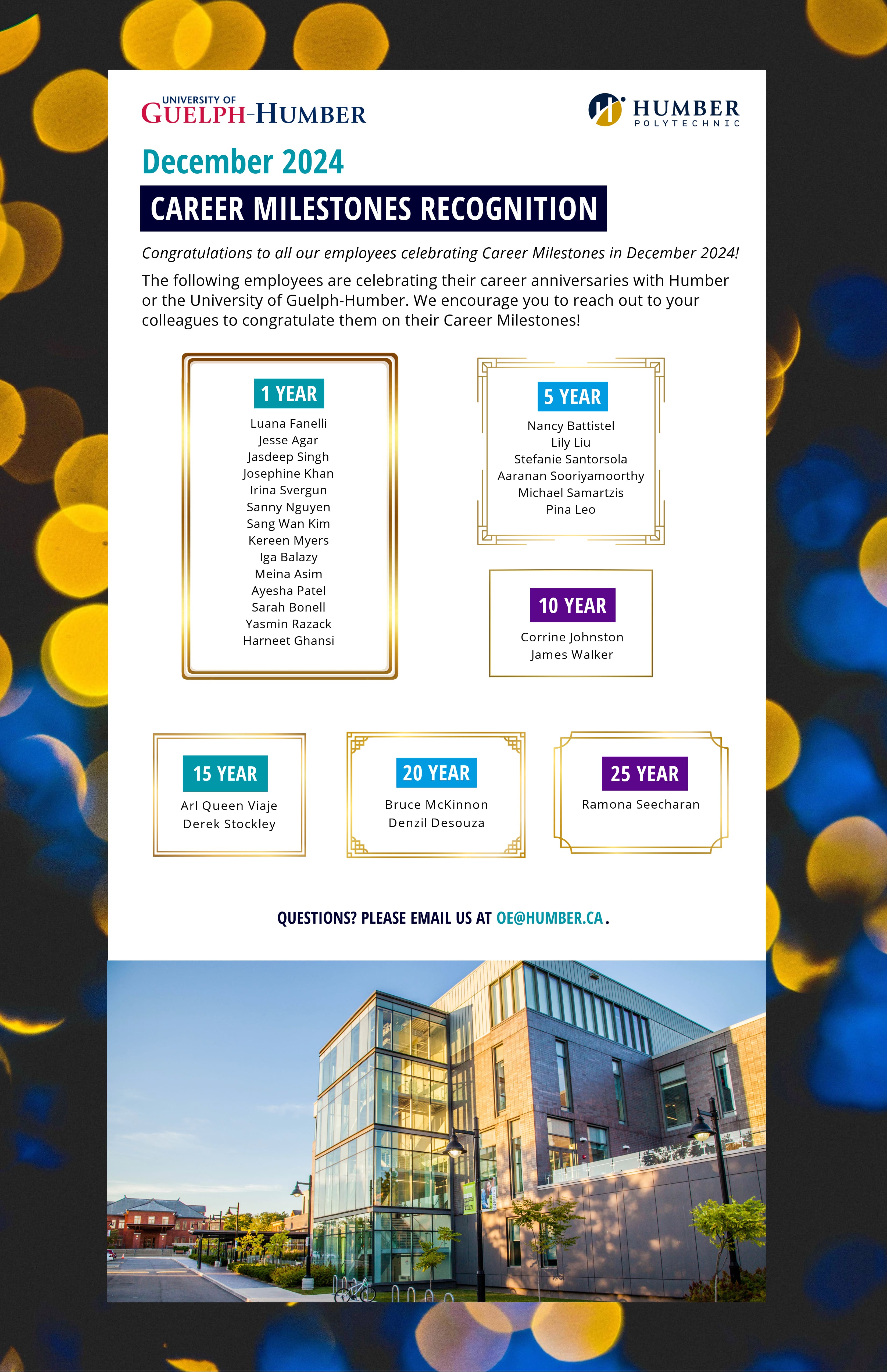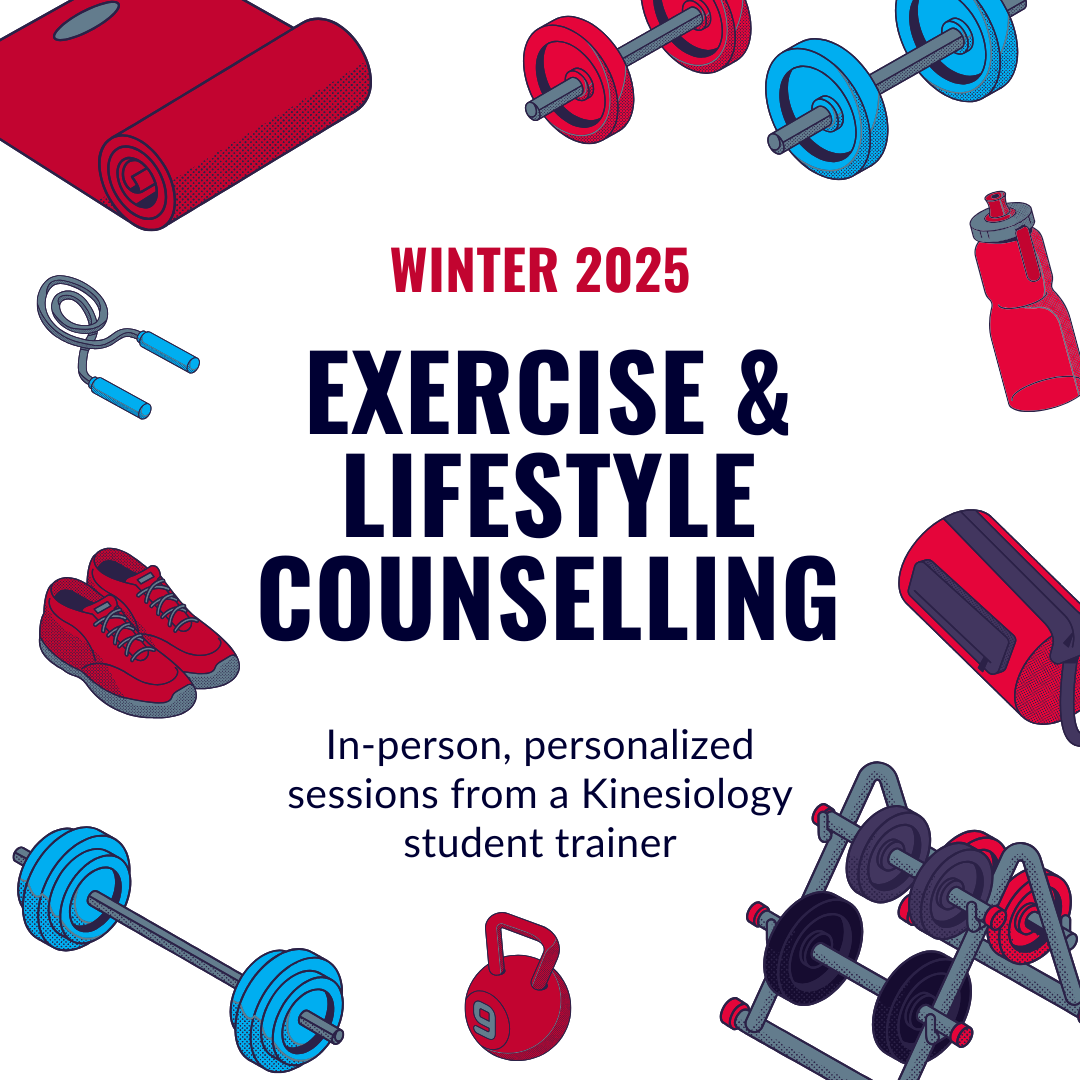New updates are available for two Library modules:
Academic Integrity Module: Launched in 2023, this self-paced module takes less than an hour to complete and introduces students to the values and practices of academic integrity, using scenarios, interactive activities, videos, and more.
We've now expanded this module to include a new fifth chapter, which introduces students to effective strategies for evaluating and verifying information from a generative AI tool. Additionally, the module now includes enhanced activities addressing appropriate uses of AI and citing sources for digital assignments.
AI, Algorithms & You: Launched in 2024, the AI, Algorithms & You module takes 60-90 minutes to complete and offers an introduction to algorithms and AI systems and considerations for their ethical and responsible use.
The module has now been updated with refreshed links to both internal and external resources.
Both modules can be imported into Blackboard and provide a certificate upon completion.
Faculty currently using either module in their Blackboard course sites are encouraged to download and import the latest version. For download links and instructions, please visit our instructor guides:
Additionally, the Library has launched a new Generative AI resource guide on using generative AI critically - which includes sections on citations (including a new video on citing generative AI in APA format), copyright, and definitions. We hope that this will be an anchoring resource on generative AI for the Humber community.


